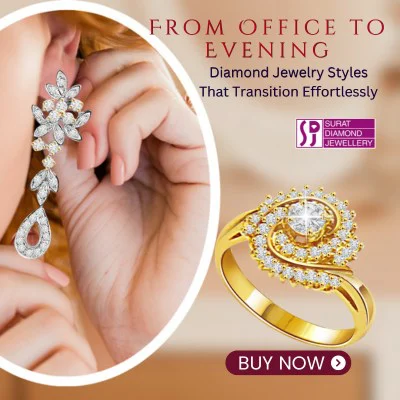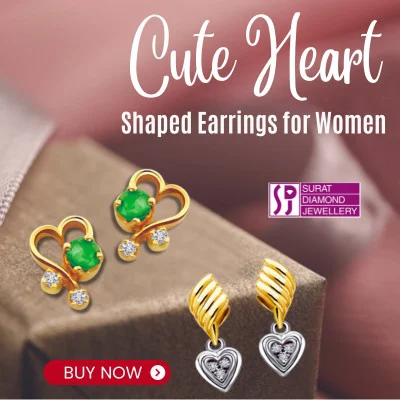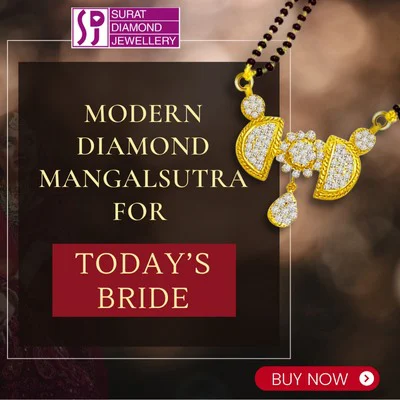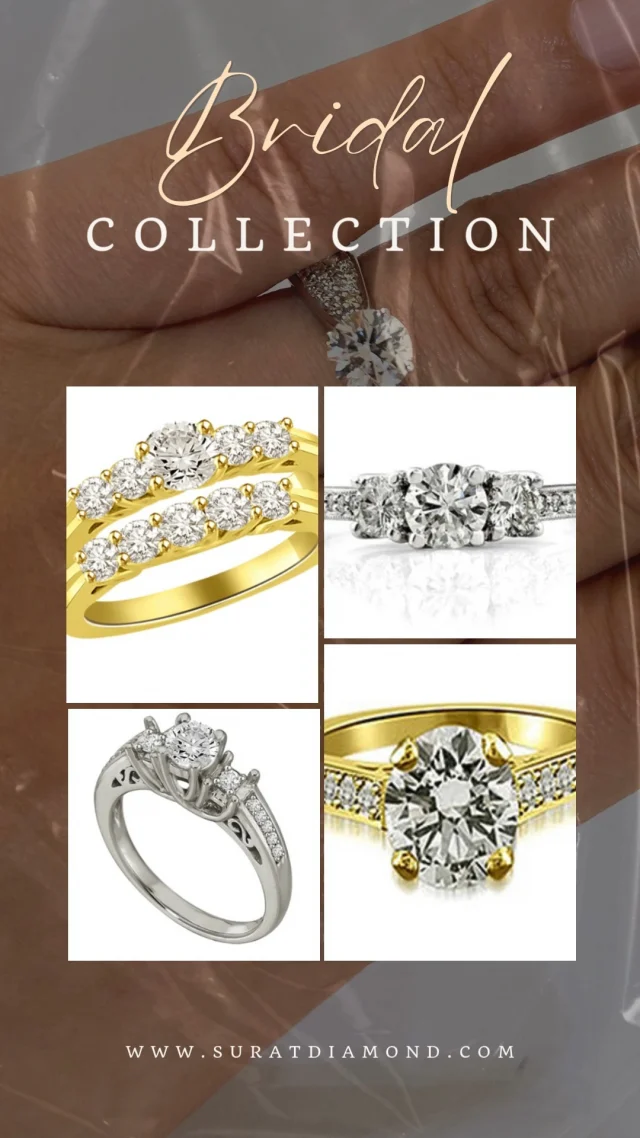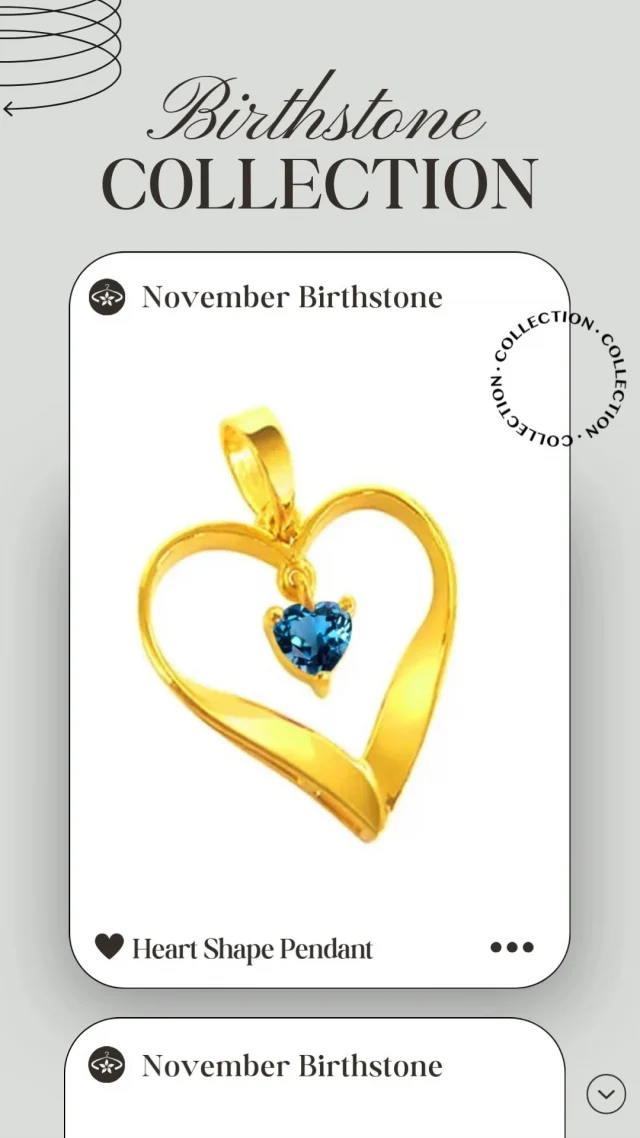What Is the Difference Between Sterling Silver & 925 Silver?
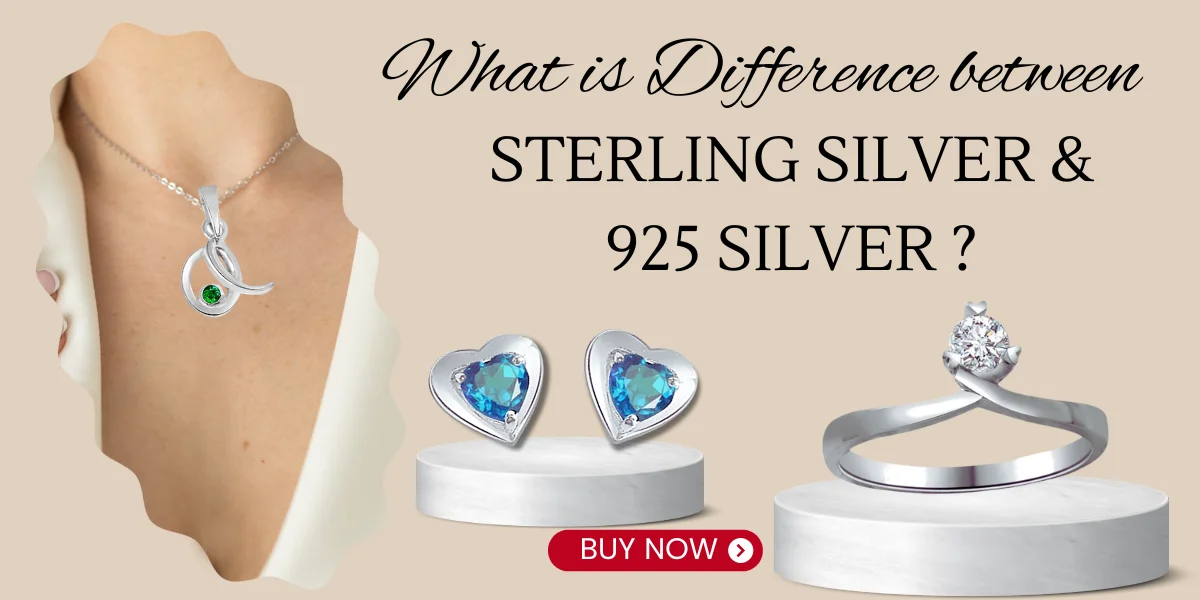
Introduction: Why Knowing Your Silver Matters
Have you ever slipped on a gorgeous silver necklace only to find it darkening by evening? Or been torn between buying a sterling silver chain labeled as “.925 silver” versus one stamped “sterling”? The truth is, both terms point to the same 92.5% silver purity—but marketing, craftsmanship, and secondary metals can transform two identical alloys into very different pieces. Understanding the Difference of sterling silver and 925 silver empowers you to shop smarter, invest wisely, and wear your silver jewelry with absolute confidence
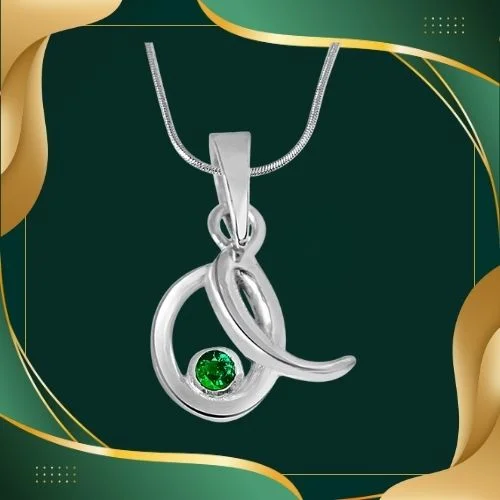
“Sterling silver” dates back to medieval England, when silversmiths needed a durable alloy for cutlery and coins. By definition, it’s 92.5% pure silver combined with 7.5% alloy metals (usually copper). That small percentage of metal imparts hardness, resilience, and that coveted mirror-like shine. Today, sterling remains the gold standard for high-quality jewelry—especially popular are sterling silver chains and intricate pendants
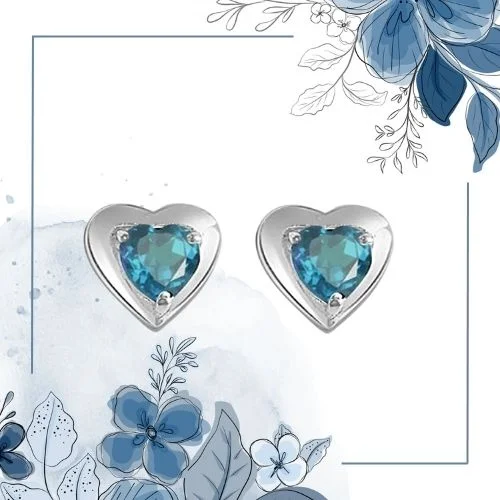
The term “925 silver” simply quantifies purity: 925 parts per thousand silver. In most markets, “925 silver” is interchangeable with sterling. However, when you see “925 silver” on a minimalist silver necklace, it often signals a focus on purity measurement rather than the historic “sterling” brand. The key takeaway? Sterling silver = 925 silver in composition, but finish and build quality distinguish the final product
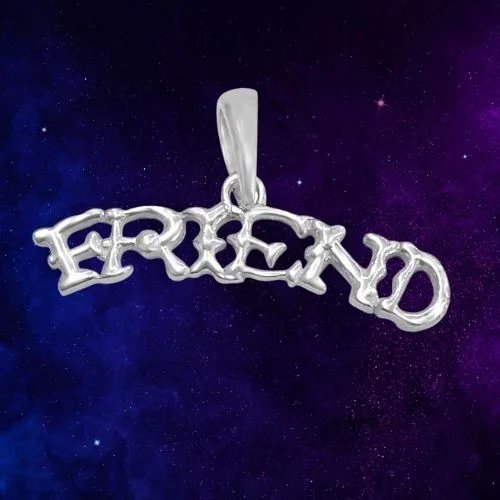
Silver Purity Explained
- Fine Silver (999): 99.9% pure, extremely soft
- Sterling/925 Silver: 92.5% pure, balanced with alloy for strength
Common Alloying Metals
- Copper: Traditional choice, adds warmth and durability.
- Zinc & Nickel: Improve rigidity but can trigger allergies.
- Palladium: Creates “argentium silver” variants with superior tarnish resistance
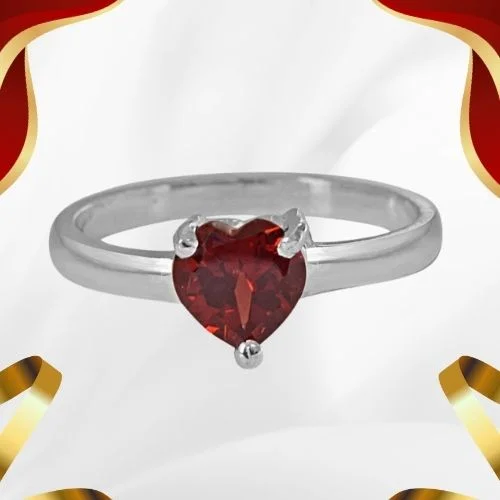
Difference of Sterling Silver and 925 Silver: Myth vs. Reality
- Myth: Sterling is premium; 925 is generic.
- Reality: Both share identical purity. The real difference lies in metal mix, polishing, and craftsmanship. A hand-finished sterling silver chain from a master artisan outshines a machine-pressed 925 piece any day
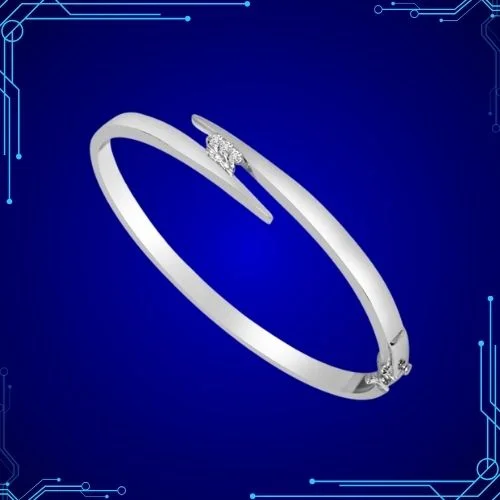
Hallmarks and Stamps: Reading the Marks
925 Stamp
Found on clasps or inner bails, it’s your hall of purity.
Other International Marks
- “STER” or “STERLING” in English markets
- “Ag 925” in Europe (Ag = silver’s chemical symbol)
- “925S” in Italy and Germany
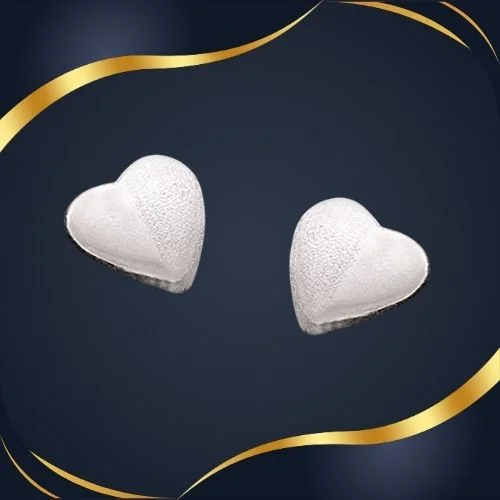
Durability and Wear: How They Hold Up
- Copper-heavy alloys:Harder but faster to tarnish.
- Palladium blends:Resist oxidation but cost more.
- Design matters: A cramped chain link resists kinks; hollow tubes may dent.
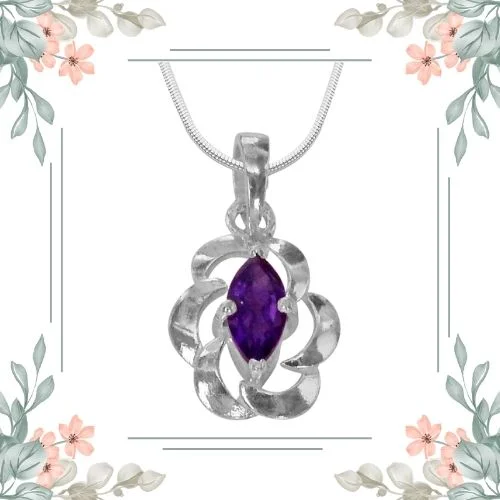
Tarnish and Care: Keeping Your Silver Bright
Cleaning Methods
- DIY:Baking soda paste, gentle brush, rinse, air dry.
- Professional dips:Quick, effective—follow safety instructions.
Anti-Tarnish Storage Tips
- Airtight pouches with silica gel
- Anti-tarnish strips in jewelry boxes
- Avoid humidity by keeping pieces in a cool, dry spot
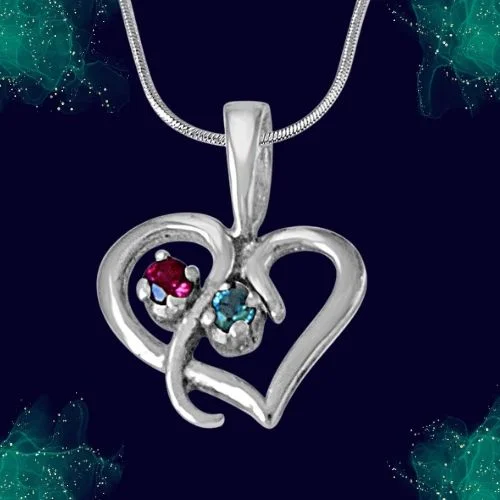
Styling with Sterling Silver Chain and Silver Necklace
- Layering:Pair a bold silver necklace with a delicate sterling silver chain for dimension
- Mixed metals:Combine silver with rose-gold accents for a modern edge
- Gemstone pendants: A vibrant amethyst or emerald pops against cool silver tones
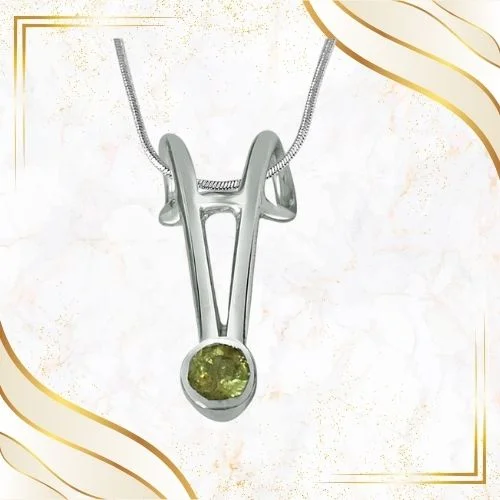
Budget and Value Considerations
Price per Gram
Silver is more affordable than gold; a heavier chain often delivers more bang for your buck.
Long-Term Investment
Well-cared-for sterling pieces can last generations—choose thicker links and classic styles to ensure heirloom status
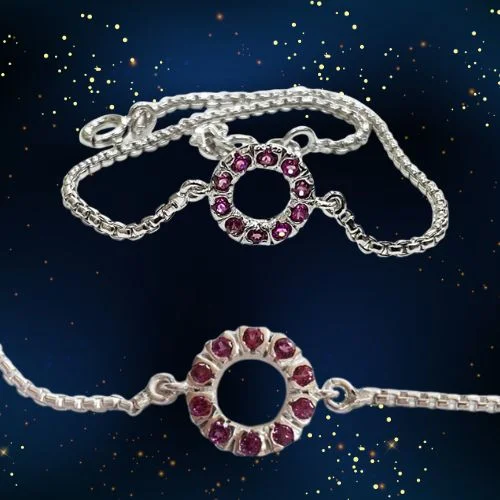
Sustainability and Ethical Sourcing
- Recycled silver:Reduces mining impact.
- Fair-trade certifications:Ensure miners and artisans receive fair wages.
- Transparent brands:Provide sourcing details—look for labels or certificates on sites likeSurat Diamond
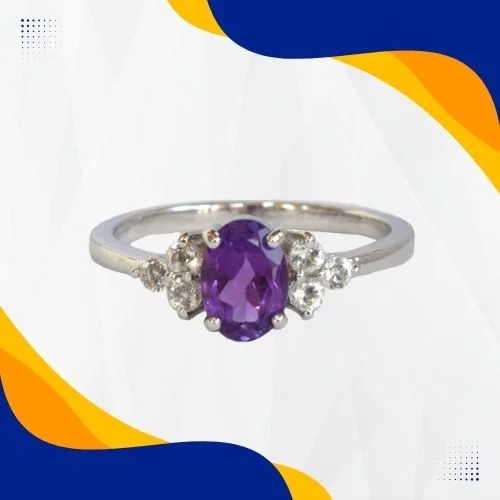
This guide draws on jeweler standards, hallmark references, and real user scenarios—aligned with Google’s emphasis on authoritativeness.
Actionable, Well-Researched Advice
Each section offers clear, original tips you can use to identify, care for, and style sterling/925 silver, meeting Google’s call for high-quality, user-focused content
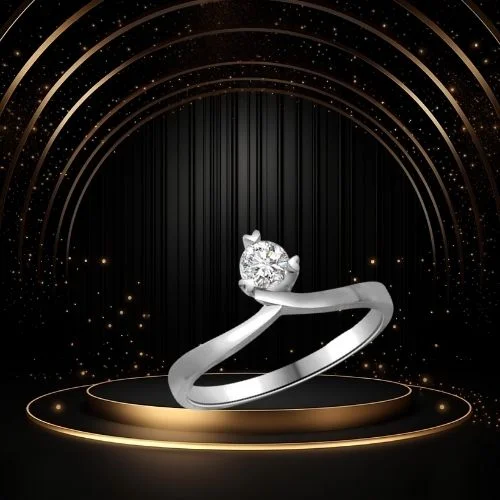
Where to Shop: Tips for Buying Online
- Check for hallmarks:insist on detailed product images.
- Read reviews:real customer photos often reveal finish quality.
- Certification:look for .925 stamps and, for diamond accents, IGI/GIA reports.
- Return policy: ensure you can inspect pieces risk-free—Surat Diamond offers transparent returns and lifetime polishing
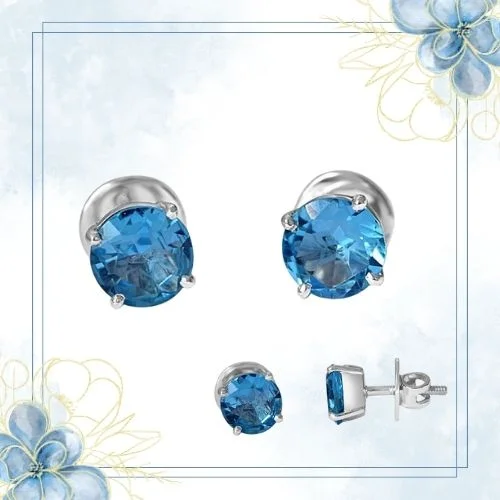
Conclusion: Choosing Confidently
Whether you call it sterling silver or 925 silver, you now know it’s the same quality alloy—what truly matters is craftsmanship, finish, and care. Armed with hallmark knowledge, cleaning hacks, and styling ideas, you can pick the perfect sterling silver chain or silver necklace that reflects your personal flair and lasts decades. Remember to shop ethically, store smartly, and wear proudly.
Key Takeaways
Understanding “sterling silver” and “925 silver” empowers you to shop and wear with confidence: both terms represent 92.5% pure silver alloys, but real differences arise in alloy metals, craftsmanship, and finishing techniques. Always look for “.925” and reputable stamps, and choose designs that balance durability with style—whether that’s a classic silver necklace or a bold sterling silver chain. Care for your pieces with gentle cleaning methods and anti-tarnish storage, and mix metals or gemstones for contemporary flair. Prioritize ethical sourcing and transparent certifications—trusted retailers like Surat Diamond offer certified, responsibly crafted silver jewelry. With these insights, you can confidently select, style, and preserve your silver pieces, creating timeless looks that shine day after day.
FAQs
Is sterling silver always stamped .925?
Nearly always—.925 is the international hallmark for sterling purity.
Can sterling silver cause allergic reactions?
Most irritations stem from nickel alloys; genuine .925 pieces use copper, which is typically hypoallergenic.
How often should I clean my silver jewelry?
For daily wear, a monthly wipe with a soft cloth keeps tarnish at bay.
Does a sterling silver chain need professional polishing?
Home methods work well, but annual professional polishing restores deep luster.
Is recycled silver as good as new silver?
Yes—recycled silver maintains identical purity and finish, with the added benefit of eco-friendly sourcing.


